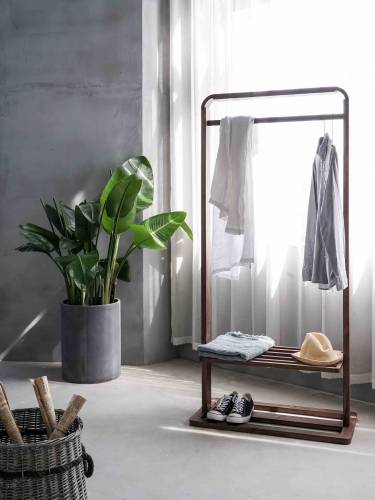In Conversation with William Hogg
William Hogg is the Head of Dispute Resolution at Laurus. Here, we sit down with William to hear his insight on the rising popularity and benefits of handling family cases away from the courtroom.

There’s been a recent trend toward handling matters out of court. Why is that? Are there any challenges in the current court setup?
The reasons for the trend away from courts are pretty straightforward – the court system is broken. The lower courts are dying out, with buildings being closed and staff leaving, especially the more experienced staff members. So, the service the public gets can be quite bad.
This means there’s a built-in delay and, due to Covid-19, even in the higher courts hearings are being adjourned. This has led to a build-up of cases, and a delay which will only get worse as litigators start to address the backlog. This all means that people are starting to look at other ways to resolve disputes, which is why we’re seeing an upward trend in out of court resolution.
What types of matters can be resolved out of court? Is mediation just for divorce?
No, it’s not just for divorce. Family mediation can deal effectively with any matters to do with families or close groups. For example, I’m currently dealing with a mediation which involves grandparents, parents and a father seeing his children. I also regularly deal with pre-nuptial and post-nuptial agreements, where you have people who have just got married, or are getting married and want to regulate their financial affairs.
People going to mediation are not necessarily divorcing – anything to do with finances, children, property can be covered, for people in marriages, same-sex couples or any kind of relationship.
Are there times a client should consider litigation?
Yes, there are. Litigation is important in the event of child protection issues, domestic violence, or any dispute where people just can’t agree voluntarily.
But actually, where a people are in need of a court to make a decision for them, arbitration is also a good option. An arbitrator can make an award that’s just the same as a court order. Even when parties need to litigate, they really should consider arbitration as an alternative.
You’ve been an advocate of collaborative, out of court resolution for much of your career – what makes you so passionate about these approaches?
I came to the realisation that it’s often better to resolve disputes out of court quite a while ago. I came out of court, speaking to a client for whom we had achieved a huge settlement – and the other party even had to pay our costs. We were really pleased with the result, and I said this to the lady we were representing. She replied, ‘It doesn’t feel like a good result, he [her ex-partner] doesn’t speak to the children.’ And that really made me think. I don’t know if the children were even considered during the process, and I felt there must have been a better way.
I often see cases where people have been battling through the courts for years, and it’s really hard on them. Another approach could often have a better outcome. I also love being a mediator, it’s such a good way to work. It benefits me as well as the clients – everybody is happier.









